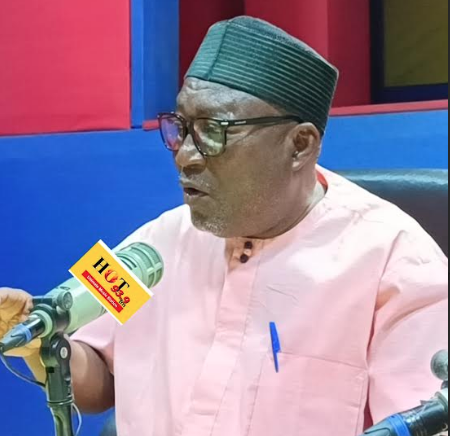The US Ambassador to Ghana, Virginia Palmer, has issued a cautionary message regarding the potential consequences of enacting the Anti-LGBTQ+ law, highlighting potential implications for trade and investment in the country.
Ambassador Palmer expressed that the passage of the legislation could potentially affect Ghana’s attractiveness to foreign investors.
She emphasized that numerous American companies are considering investment opportunities in Ghana, but the implementation of discriminatory laws might tarnish the nation’s reputation and reduce its appeal to investors.
Addressing journalists in Accra, Ambassador Palmer stated: “Lots of ethnic communities make Ghana strong, stable, and attractive for investments. I hope it stays that way with regard to the LGBTQ community.
“They should be managed to be made the color of the money green or red if it’s Ghanaian, but if there is discrimination, then that will send a signal not to [only] LGBTQ investors and exporters but to other American companies that Ghana is less welcoming than I am telling people that it is now…”.
The Anti-LGBTQ+ Bill, which is presently under review by the Parliament, seeks to criminalize LGBTQ+ activities, prohibit the promotion and advocacy of LGBTQ+ content, and provide safeguards and support for minors and individuals involved in LGBTQ+ matters.
In July 2023, the Ghanaian Supreme Court dismissed a legal application seeking an injunction against the Speaker of Parliament, Alban Bagbin, concerning the bill’s ongoing consideration. The applicant, Dr. Amanda Odoi, a researcher, contended that the bill’s deliberation is in breach of Article 108 of the 1992 Constitution.
Article 108 stipulates that Parliament cannot consider bills or motions that impose taxation or charges on the consolidated fund or other public funds unless introduced by the president. Dr. Odoi argued that the bill if passed, would impose a charge on the consolidated fund and infringe upon the Constitution, as it is categorized as a private members bill.
The ongoing legal action contributes to the ongoing debate and controversy surrounding the anti-LGBTQ+ bill. The proposed legislation has evoked diverse viewpoints among stakeholders, sparking discussions on its potential implications for Ghanaian society and international relations.







